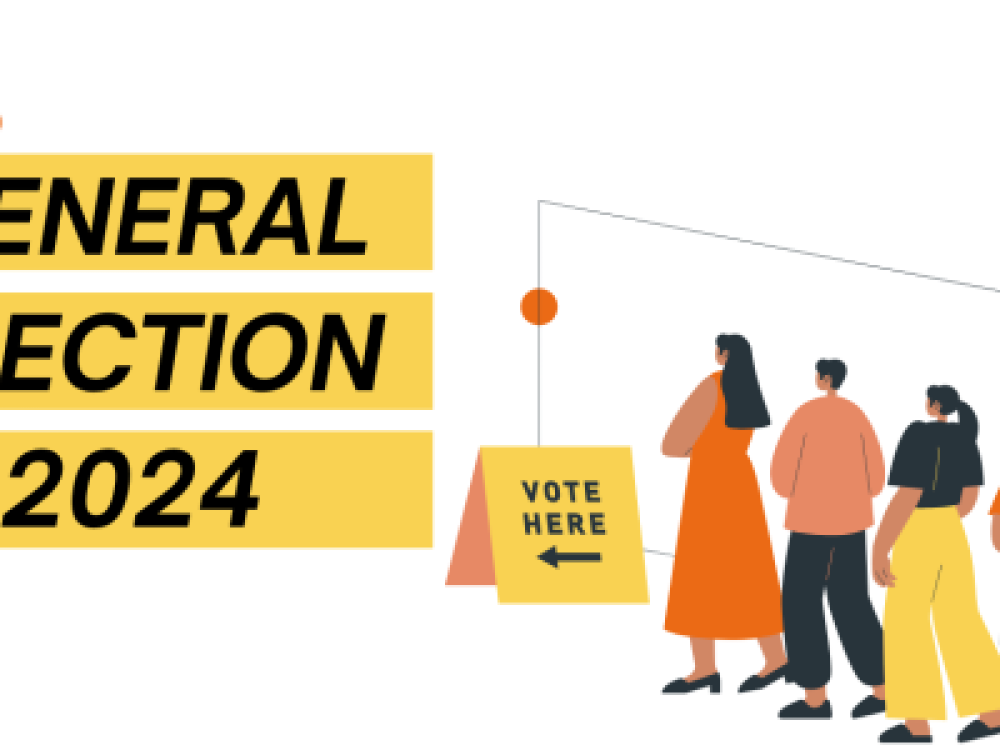There are demographic shifts towards ageing populations underway in most countries, including Ireland. The increase in the share of older people in proportion to the general population is one of the most significant social transformations of the twenty-first century (UN 2015). Within the next fifteen years alone it is expected the number of people in the world aged 60 years or over will grow by 56 per cent, with particular increases in the number of people aged 80 years or over.
In Ireland, while the percentage of older people as a proportion of the general population has remained relatively stable for many years - usually at around 10 per cent - projections now estimate that by the 2040s that figure is likely to double, with especial increases, as above, in the number of those aged 80 years or over. There are a variety of universal commonalities which explain these changes including: greater and more effective access to improving healthcare, decreases in fertility rates, and general improvements in standards of living.
Concerns: While the primary implications of these trends must always revolve around the provision of health and social care, there are now other considerations which impact upon personal well-being and the maintenance of fair, equitable and healthy societal structures for older citizens. Namely, the interaction with communications technologies which increasingly shape our lives.
For older people, who may be regarded as the most 'digitally vulnerable', the velocity and impact of comparatively recent technological change is a concern. Older people are digital 'immigrants'; over the course of their lives, they have moved from the mechanical age, through the electro-mechanical age, and into the digital age. Yet, they find themselves landing on the shores of digital modernity at a time in their lives when they may simultaneously be contending with a range of physiological challenges associated with the ageing process, not to mention experiential deficits in the digital realm; challenges which may impair or even exclude their full engagement and inclusion as citizens.
Putting aside common, and certainly not always accurate, assumptions about older people and their relationships with new technologies - they struggle with them, or are indifferent to them - the concern here is that a growing panoply of digital 'intrusions' are probably already disrupting traditional patterns of daily life for older people - from personal routines, to the form and function of familial and social interactions; and transforming also the nature of their wider societal engagements, such as those with agencies of the state and commerce.
'Divides': The idea of a 'digital divide' - that use or access to new technologies is not equally or evenly distributed across all groups and individuals in contemporary societies - is long-established, but not unproblematic. One concern is that the meaning of the term tends to shift, not just over time but even across contemporaneous societies. So its application has variously been applied to, amongst other categories, personal computer ownership, and delineations between those with high- and slower-speed internet connectivity. To this list may also be added the more fundamental question of simply having or not having broadband connectivity at all, which in the case of Ireland may lead to cleaves along rural/urban divides.
Add to these interpretations the further problematising of digital individuals along socio-economic, and further along gender and ethnic lines, and the notion of digital division just becomes more complex. Indeed, even if it is suggested the so-called divide as it relates to older people might be more accurately referred to as a ‘grey’ digital divide (Morris, 2007), this does not mean that any of the above categories and their attendant sub-divisions may be supplanted by this term alone - it is simply adds another layer of complexity.
Older Irish people and internet use: Census statistics: According to the Census of 2011, there were at that time just over 535,000 people aged 65 and over in Ireland. At around the same time, the Centre for Ageing Research and Development in Ireland (CARDI) estimated that 300,000 older people were not using the internet.
Since that time, there has been a steady increase in the numbers of older people using the internet. Frequency of internet use in Irish households for the period 2010 to 2015 indicates an eighteen per cent increase by the 60-74 age group over that time (CSO, 2015). While this figure compares favourably to the next youngest recorded cohort (19 per cent for the 45-59 age group), the older group is starting from a much lower baseline. Furthermore, and significantly, the gap between the two groups does not close over time, remaining at a consistent average parallel separation of around 30 per cent. In other words, whilst use of the internet amongst older people in Ireland is undoubtedly increasing, use is running parallel to, rather than converging with, that of other age groups. So a gap remains. Similarly, whilst non-use of the internet has decreased by 18 per cent for the 45-59 age group; non-use amongst the 60-74 group has also decreased by 18 per cent - so there has been no narrowing of the gap at the other end of the spectrum either (CSO, 2015).
In terms of media, there are many studies exploring the digital consumption habits of young people. Yet, it is important to also think about the habits and needs of older people. This requires thinking about the issue of inclusive design but also media literacy and how we as a society provide assistance and support for the well being of older people.
Adrian Smyth is a PhD candidate at the Dublin Institute of Technology, School of Media where he is currently researching the digital lives of older people in Ireland.
Subscribe to FuJo's newsletter





